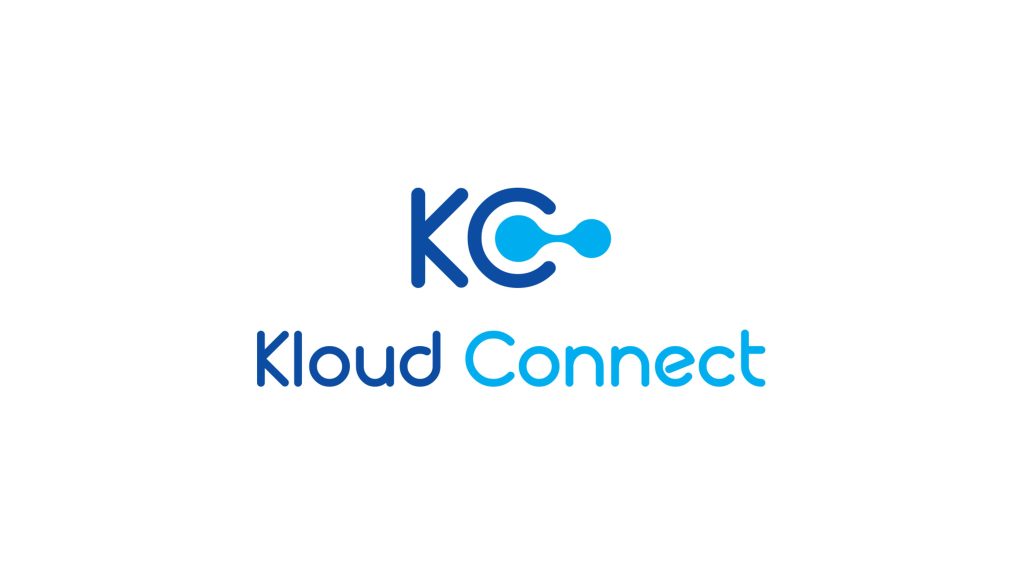Overview
An accounting firm’s efficiency and success hinge on effective practice management. Unfortunately, many current practice management systems fail to leverage data-backed insights and do not offer capabilities like staff timesheets and document management via SharePoint that would substantially improve efficiency and visibility.
Let’s take a closer look at the core modules essential for a robust practice management system and the gaps in today’s solutions.
Client Management
Client management is at the heart of any accounting firm. It involves maintaining detailed records of client interactions, tracking client needs, and ensuring consistent communication.
Current Gaps:
-
No Single Source of Truth: Disparate systems mean maintaining multiple databases; this is both time-consuming and makes it difficult to leverage cross-disciplinary opportunities
-
Lack of industry-specific CRM: Many firms use separate CRM tools because their PM does not offer the right functionality. This means more software, limited integration, and limited client data view.
-
Limited Data Utilisation: Without integration and context with PM, current systems rarely use data insights to enhance client relationships and service delivery.
A comprehensive client management module should integrate with all aspects of the practice management system, providing a unified view of client data and interactions and utilising data insights to enhance client engagement.
Workflow Management
Efficient workflow management ensures that tasks are assigned appropriately, deadlines are met, and projects move smoothly from initiation to completion.
Current Gaps:
-
Lack of Visibility: There’s often limited visibility into the status of tasks, leading to delays and missed deadlines.
-
Integration Issues: Workflow tools usually don’t integrate with time tracking or billing systems, causing disjointed operations.
-
Bottlenecks caused by manual effort: Without any mechanisms for automation and alerts, staff have no way of getting the right data at the right time; jobs get delayed in these bottlenecks
An integrated workflow module should automate task assignments, provide real-time visibility into project status, and seamlessly connect with other modules like billing and time tracking.
Capacity Planning
Capacity planning helps firms allocate resources efficiently, ensuring that workloads are balanced and staff is well-rested.
Current Gaps:
-
Reactive Planning: Many firms plan reactively rather than proactively, leading to resource shortages or underutilisation.
-
Poor Forecasting: Without proper tools, forecasting future capacity needs based on historical data and upcoming projects is challenging.
-
Integration Deficiencies: Capacity planning tools often operate based on spreadsheets and are not linked with workflow or billing systems.
A robust capacity planning approach should use data analytics to forecast resource needs accurately and integrate with other practice management functions to provide a holistic view of firm capacity.
Reporting
Accurate and timely reporting is crucial for decision-making, compliance, and client communication.
Current Gaps:
-
Manual Reporting: Many firms rely on manual reporting, which is time-consuming and prone to errors.
-
Difficult to access insights: Most firms rely on PDF reports to access critical data. Since these reports need to be generated manually every time, intelligence is delayed and reactive.
-
Limited Customisation: Existing reporting tools often lack customisation options to meet specific firm needs.
-
Siloed Data: Data is often siloed across different systems, making comprehensive reporting difficult.
An advanced reporting function should offer customisable, automated reports and dashboards that draw data from all aspects of the practice management system and provide actionable insights.
Billing
Efficient billing ensures timely payments, accurate invoicing, and streamlined financial operations.
Current Gaps:
-
Multi-Divisional and Multi-Entity: Multi-divisional firms often face challenges in billing from multiple entities or reporting on different divisions.
-
WIP Management – Tracking, allocating and managing your firm’s WIP can be difficult without a feature-rich tool built specifically for how accountants run a practice.
-
Lack of Billing Flexibility: Existing billing systems often lack flexibility in terms of payment schedules, methods, and client preferences.
A flexible billing module should automate invoicing, accommodate various payment methods and schedules, and integrate seamlessly with time tracking and workflow systems.
Time & Cost Tracking
Tracking time and costs accurately is vital for billing, project management, and profitability analysis.
Current Gaps:
-
Difficulty tracking costs: Most firms do not track budgets or timesheets at a task level because their current systems don’t allow this level of detail, which can result in not identifying lost WIP. Even in fixed fee models.
-
Complex Processes: The process of tracking and reconciling time and costs is often cumbersome and prone to errors.
-
Cumbersome to enter data: Timesheets offer invaluable data but no one likes entering them in, old system lack automation in tracking time efficiently
An integrated time & cost tracking function should offer accurate, real-time tracking and provide insights to help firms optimise resource allocation and project profitability.
Document Management
Efficient document management ensures all client and project-related documents are easily accessible, secure, and organised.
Current Gaps:
-
Disorganised Storage: Many firms are still using network folders or server-based storage, creating a range of challenges with collaboration and automation
-
Security Issues: Without a robust document management system, ensuring document security and compliance can be challenging.
-
Limited Accessibility: Existing systems often don’t provide easy access to documents from various devices or locations.
A comprehensive document management module should offer secure, organised, and easily accessible document storage that integrates with other practice management functions. If it could integrate with a universal tool like SharePoint, it would add to convenience. The license and data are always owned by the firm.
At Kloud Connect, we understand these core areas. We have used our knowledge, experience, and expertise to create a purpose-built solution that addresses the unique needs of accounting firms.
We invite you to explore how our integrated approach can transform your practice management and help you stay ahead in a competitive landscape. Please get in touch with Clint Estavilla or Dan Beck, to know more.



